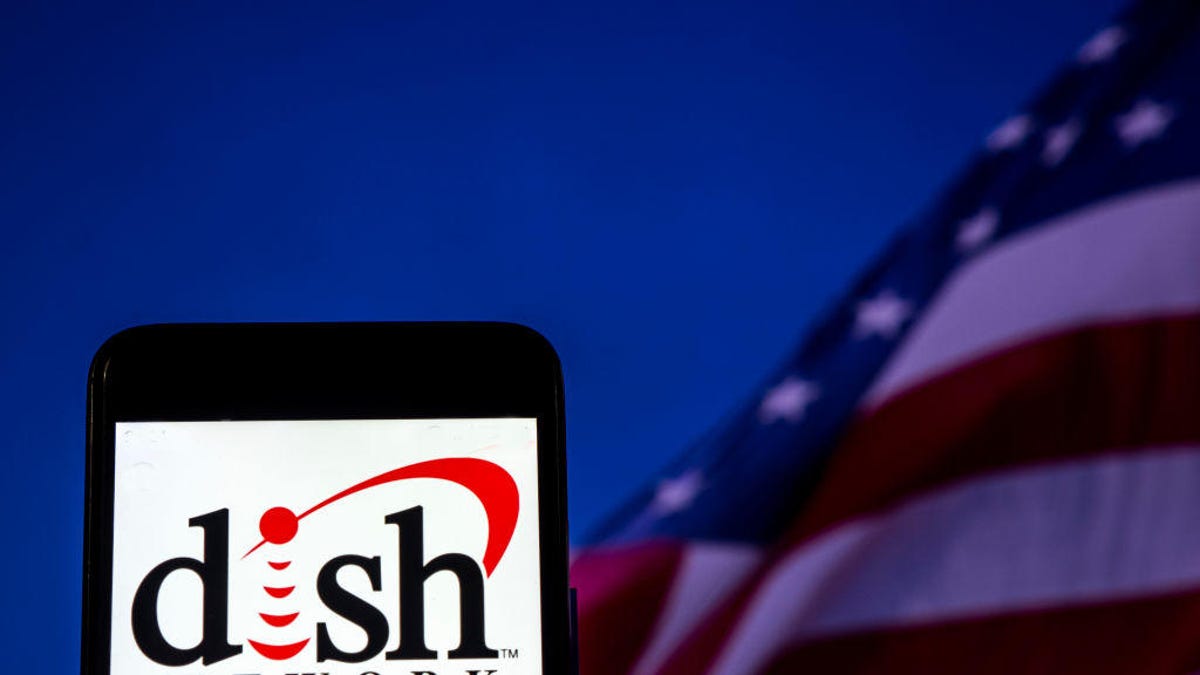Dish agrees to $5B deal for T-Mobile and Sprint's wireless assets, reports say
The agreement paves the way for T-Mobile's merger with Sprint, according to reports from Bloomberg and the Wall Street Journal.

Dish made a $5 billion deal, Bloomberg reported.
Dish has made a deal with T-Mobile and Sprint to pay $5 billion for their wireless assets, Bloomberg reported Wednesday, citing anonymous sources. This would apparently set the stage for the Justice Department to give T-Mobile's $26.5 billion merger with Sprint the thumbs-up as early as Thursday, something the Wall Street Journal reports it is prepared to do.
The TV provider will pay about $1.5 billion for Sprint's Boost prepaid mobile business and roughly $3.5 billion for wireless spectrum, according to Bloomberg, and wouldn't be able to sell them for three years.
According to the WSJ, the satellite company will be required to offer cell phone service and will be able to use T-Mobile's network to do so during a seven-year transition period. Dish was already under a Federal Communications Commission deadline of March 2020 to begin utilizing the billions of dollars' worth of wireless spectrum it has acquired over the years or the FCC could revoke its license.
Dish previously announced it was working on a 5G narrowband "internet of things" network, but that option would be designed for connecting smart devices such as power meters and lights as opposed to traditional cell phones and tablets. The Journal also reports that both T-Mobile and Dish would be required to support the new virtual SIM card known as eSIM as part of the deal to make it easier for consumers to switch providers if they so desired.
Apple's latest iPhones use eSIM as a way to add a second provider to an iPhone XS, XS Max or XR. AT&T, Verizon, T-Mobile and Truphone support the service on iPhones in the US, though Sprint does not.
The carriers have been battling to get their merger approved for more than a year and the FCC endorsed the deal, but its fate now rests with Department of Justice antitrust chief Makan Delrahim. He's been seeking a deal that compensates for the fact that T-Mobile merging with Sprint would cut the four major carriers down to three -- Dish emerging as a player in the industry would fill that need.
Sprint and the Justice Department declined to comment. Neither Dish nor T-Mobile immediately responded to requests for comment.
Originally published July 24, 2:12 a.m. PT.
Updated, 8:15 a.m., 9:19 a.m. PT: Adds background and additional details about the deal.



